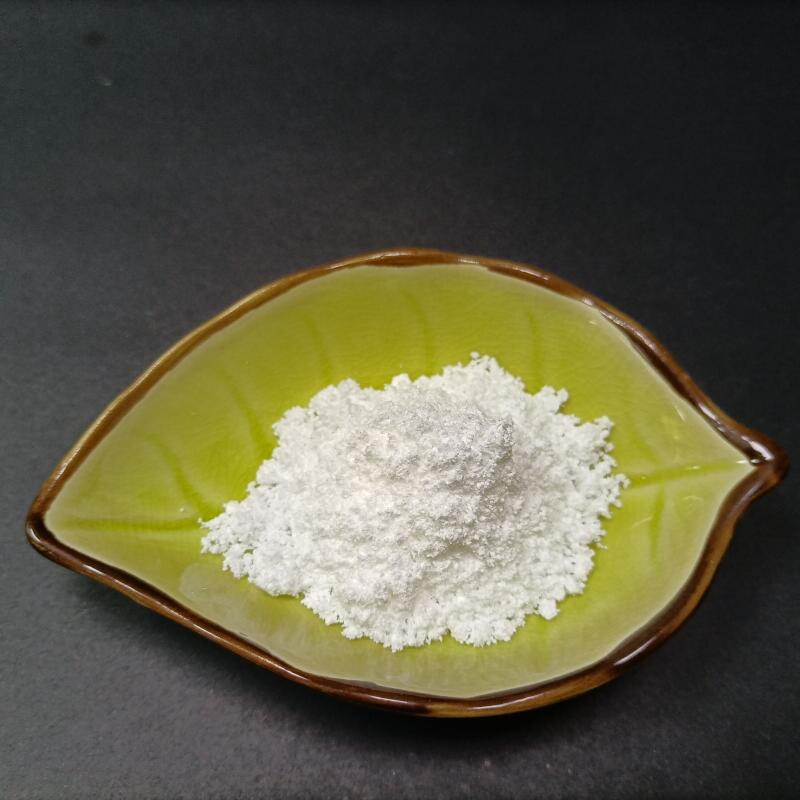-
Categories
-
Pharmaceutical Intermediates
-
Active Pharmaceutical Ingredients
-
Food Additives
- Industrial Coatings
- Agrochemicals
- Dyes and Pigments
- Surfactant
- Flavors and Fragrances
- Chemical Reagents
- Catalyst and Auxiliary
- Natural Products
- Inorganic Chemistry
-
Organic Chemistry
-
Biochemical Engineering
- Analytical Chemistry
-
Cosmetic Ingredient
- Water Treatment Chemical
-
Pharmaceutical Intermediates
Promotion
ECHEMI Mall
Wholesale
Weekly Price
Exhibition
News
-
Trade Service
A 2012 study found that occasional and long-term small use of marijuana was not associated with adverse effects on lung function, but there were no reliable estimates of the effects of heavy cannabis use in the study because large numbers of users were relatively rare
in the study population.
To investigate the relationship, Lehrer's research team from the Department of Radiation Oncology at the Icahn School of Medicine at Mount Sinai in New York, USA, used data from the UK Biobank (UKB) to assess the impact of cannabis on coronavirus disease (COVID-19) infection and determine whether cannabis lung injury may contribute to the impact of
COVID-19 infection.
The UKB is a large prospective observational study of around 500,000 men and women, more than 90% white, aged 40-69 years at enrollment
.
Participants were recruited from 22 centres in England, Wales and Scotland between 2006 and 2010 and were continuously followed longitudinally to capture subsequent health events
.
The researchers included all UKB participants with data on cannabis use, COVID-19 testing and chronic obstructive pulmonary disease (COPD) into the study, and then processed
the collected data.
Participants had a mean age of 57±8.
1 years, 54% were female and 46% male, and participants had not smoked cannabis for 24±11 years (Figure 1).
The researchers analysed the relationship between maximum cannabis use and COPD incidence, COVID-19 test results compared to previous cannabis use, and the effect of cannabis and years of
smoking on COVID-19 test results.
Figure 1 Time interval from last cannabis use to study participation
The researchers found that the effects of marijuana and years of smoking on COVID-19 test results were significant and independent (Figure 2).
This suggests that although people have not smoked marijuana for 10 or more years, the damaging effects of marijuana and smoking on the lungs are combined
.
Figure 2 Effects of cannabis and annual pack smoking on COVID-19 test results
COVID-19 positive test results were associated with cannabis use, but we had no data on frequency of cannabis use and susceptibility to COVID-19, a limitation
of this study.
Second, the high incidence of white subjects may have influenced the results
.
It's never too late
for researchers to call for quitting smoking.
Once smokers quit, they are
less likely to develop cancer and other diseases.
The results of this study suggest that the same may be true for
cannabis.
After 15 years of quitting smoking, the risk of coronary heart disease is close
to that of non-smokers.
Damage to the lungs from tobacco or marijuana can last for years, but the damage may not increase
further after quitting smoking.
References
Lehrer, S, Rheinstein, PH.
Association of cannabis with chronic obstructive pulmonary disease and COVID-19 infection.
Chronic Dis Transl Med.
2022; 8: 238- 241.
doi:10.
1002/cdt3.
38
Scan the code to read for free
Journal introduction
Chronic diseases have become a major challenge
to human health worldwide.
Chronic Diseases and Translational Medicine aims to provide an international perspective communication platform for clinicians and basic researchers in mature and emerging disciplines related to chronic diseases, so as to promote the prevention, diagnosis and treatment
of chronic diseases.
At present, the journal has been indexed
by Scopus, PubMed, PMC, Embase, DOAJ, CSTPCD, CSCD and other databases.
The CiteScore 2021 score is 3.
6, and the Medicine-General Medicine classification Q1 area (163/826).
Related reading
- CDTM | Nine thematic issues take you to understand the hot research in the field of chronic diseases and translational medicine
- CDTM | Develop next-generation cellular immunotherapies using natural killer cells
- Congratulations to Chronic Diseases and Translational Medicine for a citation score of 3.
6!
Content | Junjie
Proofreading | CDTM Editorial Office
Typesetting | Zhou Kaiyao
This article is reproduced and the content and opinions expressed therein do not represent Wiley's position
by facilitating discovery, empowering education and shaping talent.
For more than 200 years, Wiley has driven the development of
a global knowledge ecosystem.
Today, our high-impact content, platforms and services help researchers, learners, institutions, and businesses achieve their goals
in a rapidly changing world.
Wiley, headquartered globally in Hoboken, New Jersey, is listed on the New York Stock Exchange under the symbols WLY and WLYB
.
Like, watch, share, have a one-click trip!







